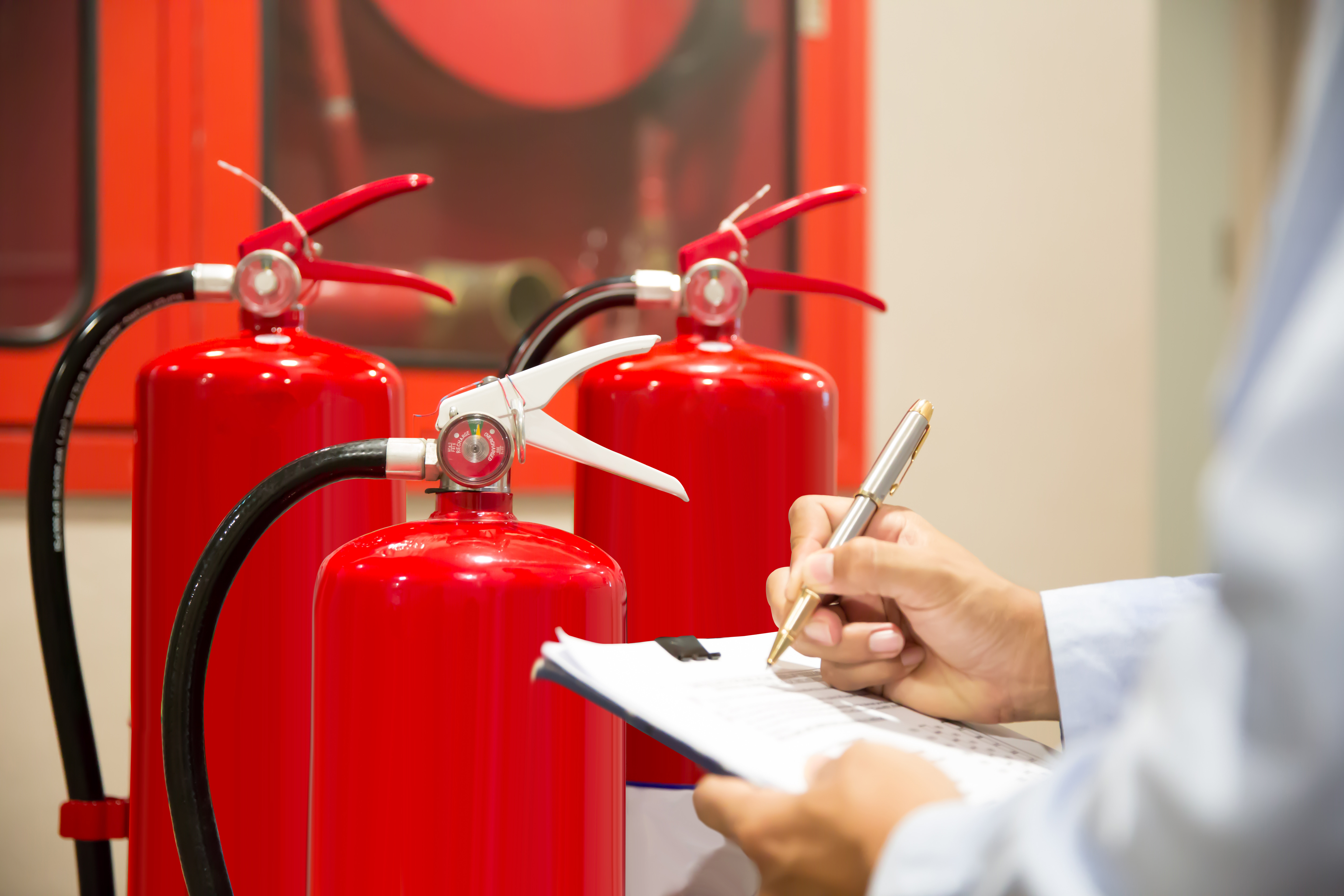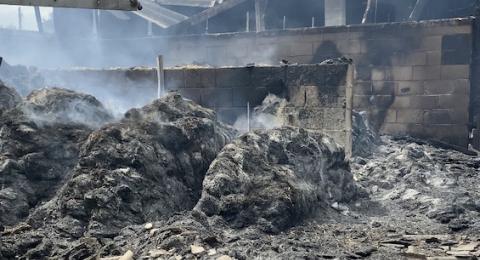Fires in the workplace can have a devastating effect on businesses through loss of working hours, stock, property and potential injury or loss of life.
In 2022, Essex County Fire and Rescue Service attended 385 fires at commercial buildings in Essex. 122 of these fires (32%) were caused by an electrical appliance or supply.
Follow our simple tips to reduce the risk of avoidable electrical fires at your workplace:
Include electrical fire safety in your risk assessment
Ensure electrical equipment is installed and maintained by a competent person
If in any doubt over the safety of your electrics/electrical items, seek immediate advice from a qualification electrician
Use the correct fuse rating, and don’t overload your plug sockets
Complete regular visual inspections to look for overloading, overheating cables, defective wiring and equipment, bunched or coiled cables or impaired cooling fans
Fixed Wire Testing - sometimes known as ‘hard wired testing’, Electrical Installation Condition Report (EICR) or periodic inspection, is an essential part of a businesses maintenance regime. It shows you're maintaining your businesses electrical installation, as it tests the overall circuit and wiring integrity. It is not a legal requirement in itself, but under the Regulatory Reform (Fire Safety) Order 2005, in order to safeguard the safety of relevant persons the responsible person must ensure that the premises and any facilities, equipment and devices provided are subject to a suitable system of maintenance and are maintained in an efficient state, in efficient working order and in good repair.
Fixed Wire Testing should be carried out every three to five years depending on the nature of your building, the environment and the type of electrical installation you have.
Fixed Wire Testing must be conducted by a competent electrician and will result in you receiving a report (EICR – Electrical Installation Condition Report), which is your evidence to show the maintenance of your electrical installation has been carried out. This Report will also identify any areas of concern where you need to take action and remedy.
Portable Appliance Test (PAT) - should be included in your business maintenance regime and carried out by a competent person.
You should carry out a visual inspection of every electrical appliance to check for damage, wear and tear, faults and overheating. Some appliances will also require an earth continuity test and insulation test.
After the PAT, a sticker should be placed on the appliance which will state when it was tested. Labelling, as well as keeping records, can be a useful management tool for monitoring and reviewing your maintenance regime and demonstrates to employees and authorities, such as the fire service, that a maintenance regime exists.
You should also receive a report as evidence of having maintained your electrical equipment. The report should identify areas of concern where you need to take action and remedy.
The frequency of inspection and testing depends upon the type of equipment and the environment it is used in. Further information on this is available through the Health And Safety Executive (HSE).












